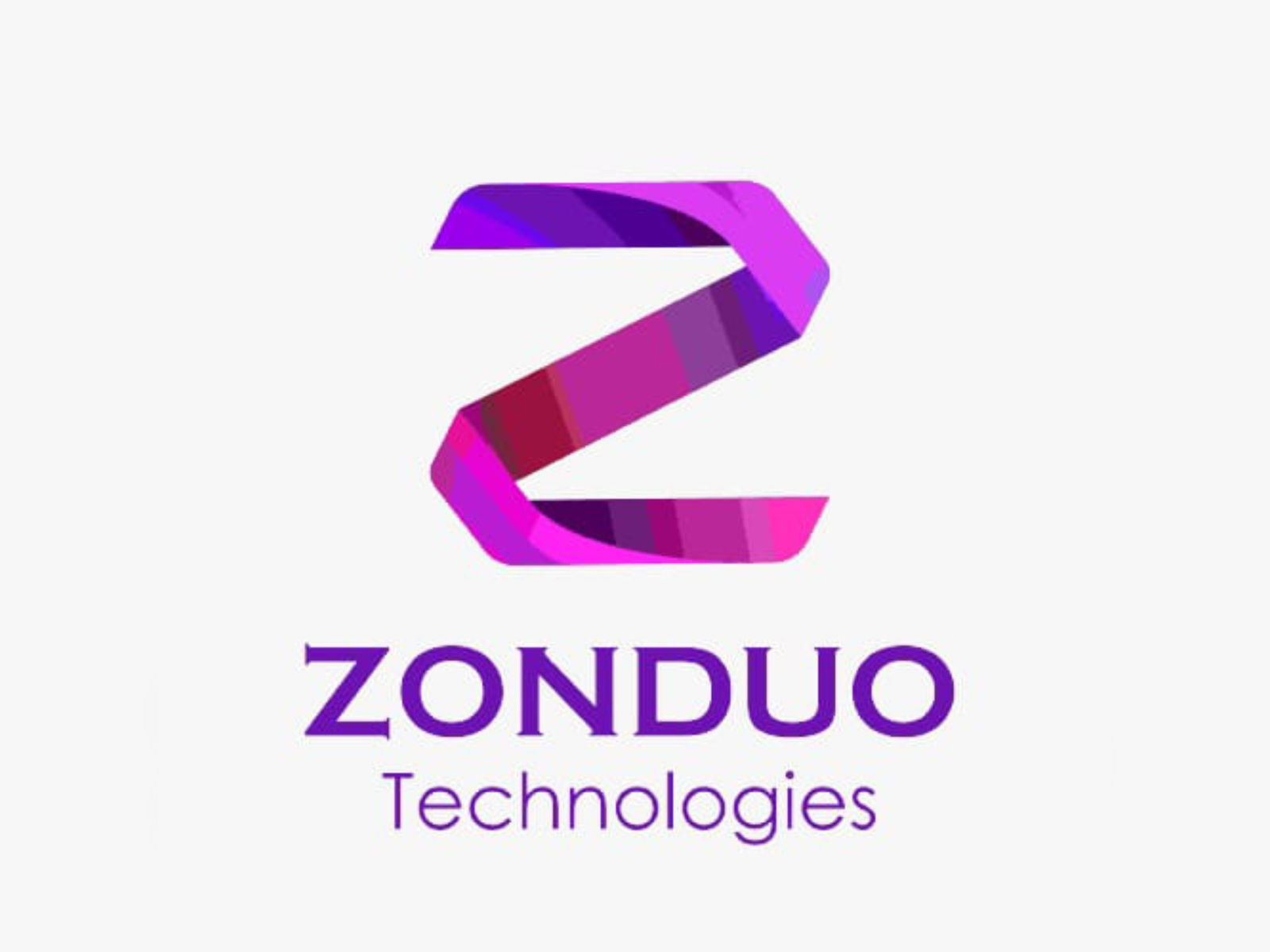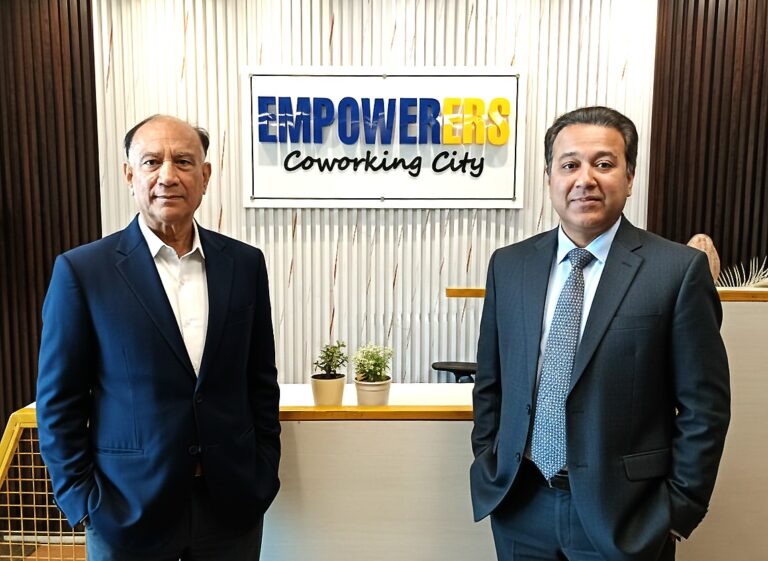
Zonduo Technology
India’s academic landscape is undergoing a noticeable transformation. With the National Education Policy (NEP) 2020 pushing for deeper research integration and the number of doctoral candidates steadily rising, universities are facing increased pressure to produce high-quality, globally recognized research. Amidst this structural shift, firms like Zonduo Technology have quietly become essential players in the country’s growing research support ecosystem.
Founded in 2020 and headquartered in Kanyakumari, Zonduo Technology operates in a unique space—not as a university, not as an e-learning platform, but as a process enabler for doctoral scholars. Its role is not to replace academic mentorship, but to supplement it through carefully designed research facilitation services.
Over the past four years, Zonduo Technology has assisted thousands of PhD scholars across disciplines such as engineering, management, medicine, computer science, and social sciences. From structuring research methodology to assisting with technical simulations and navigating publication procedures, the company has positioned itself as a reliable academic ally—not a proxy.
In a time when many scholars face difficulties aligning their research work with university formatting norms, journal standards, or technical toolkits, Zonduo Technology steps in to bridge operational gaps that traditional supervision models often can’t accommodate due to time and resource limitations.
“We aren’t replacing research or writing theses for anyone,” says a member of Zonduo Technology’s academic team. “What we offer is structural guidance—how to frame a problem, how to organize a literature review, how to interpret data correctly. We’re here to help scholars complete their journey with clarity.”
That clarity is needed more than ever. PhD students in India often come from varied academic backgrounds and not all are equipped to handle the technical or editorial demands of a modern dissertation. Zonduo Technology provides targeted assistance that includes simulation support (in tools like MATLAB, Python, Simulink, NS2/NS3), statistical analysis, formatting compliance, and even journal communication support.
Importantly, Zonduo Technology maintains an ethics-first approach to its services. In an industry that is frequently under scrutiny for facilitating academic shortcuts, the company draws a hard line between research assistance and research substitution. “We don’t write your thesis. We help you write it better,” reads one of their internal process guidelines.
A key part of the company’s offering is in technical implementation—especially relevant for students working on experimental or algorithm-based research. From network protocol modeling to biomedical signal processing, Zonduo Technology’s in-house engineers assist scholars in building executable models, helping them bridge theory and practice.
Equally important is the company’s role in demystifying the academic publishing process. As PhD graduation requirements increasingly mandate publication in Scopus or Web of Science-indexed journals, many students are unfamiliar with manuscript protocols, peer review etiquette, or rejection handling. Zonduo Technology steps in here as a guide—not by ghostwriting, but by offering formatting assistance, review responses, and submission management aligned with publication ethics.
While many educational services take an aggressive promotional stance, Zonduo Technology prefers to operate in the background. Its growth has largely been driven by word-of-mouth, return clients, and scholar networks. This understated presence is part of its strategy to maintain discretion and academic confidentiality.
Behind its low profile is a team of more than 150 subject matter experts—ranging from statisticians and editors to software engineers and journal consultants. Their work is distributed across multiple research verticals and aligned with evolving academic standards.
In recent months, the role of academic support organizations like Zonduo Technology has become part of broader policy conversations. With NEP 2020 envisioning a multidisciplinary, research-oriented higher education model, the ecosystem requires parallel enablers—entities that can help scholars manage the administrative and structural complexity of research without compromising academic rigor.
Some academics remain cautious, warning of the potential for misuse in this sector. But companies like Zonduo Technology argue that when operated ethically, research facilitation services serve as critical scaffolding. “The goal is not to bypass research—it is to streamline it,” says one of their senior academic advisors.
The company has no plans to expand into mass-market education. Instead, Zonduo Technology is focusing on quality control, internal capability building, and possibly integrating responsible AI tools to enhance internal editing, formatting, and plagiarism detection—not content generation.
As PhD scholars continue to navigate a system that is ambitious but often overwhelming, structured support is no longer optional—it’s foundational. And in that silent but crucial space, Zonduo Technology is steadily becoming a trusted name—not for replacing academia, but for strengthening it.








